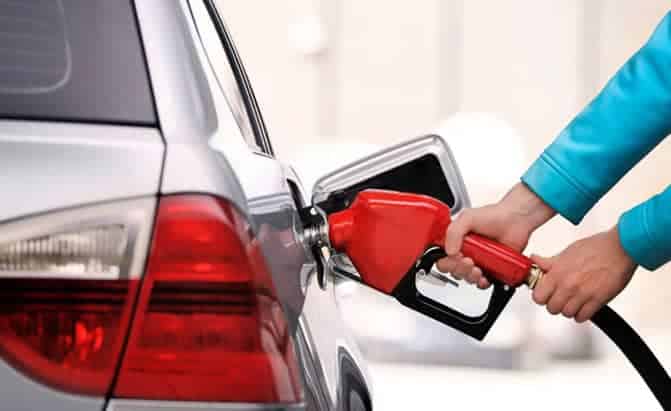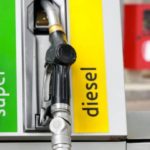Cape Town – Fuel prices may bring welcome relief in January, independent economist Fanie Brink said on Monday. This comes after a significant appreciation of the exchange rate over the last two weeks on the general expectation that Cyril Ramaphosa will be elected the new president of the ANC at its 54th conference at Nasrec in Johannesburg.
Department of Energy
Brink said latest information from the Department of Energy indicates the price of 93 octane petrol (ULP & LRP) could possibly decrease by 7.8 cents per litre, and that of diesel with a 0.005% sulphur content by 7.1c/litre in Gauteng on January 3, 2018.
This despite the international price of crude oil has risen to almost $65 a barrel over the last two weeks – the highest level since April 2015.
A crack which will take two weeks to repair on one of the most important oil pipelines in the world, the North Sea oil pipeline, has put pressure on the Brent crude oil price, Brink explained. Members of the Organisation for Petroleum Exporting Countries also decided two weeks ago to extend their agreement to reduce their production further from April next year until the end of 2018.
Petrol Price
“Because of this further increase in the crude oil price, it is expected that the average international price of petrol may increase by 16c/litre in January and the diesel price by 17.7c/litre,” said Brink.
“The daily average rand/dollar exchange rate that has strengthened to almost R13/$ over the last two weeks is expected to result in a decrease of 23.8c/litre in the gasoline price and 24.8c/litre in the diesel price.”
Price Changes
Final price changes will be announced by the Department of Energy at the end of December.
The Automobile Association (AA) also predicted a slight drop in the fuel price, based on what it calls “mixed news” from the currency markets and international oil trade.
Commenting on unaudited mid-month fuel price data released by the Central Energy Fund last week, the AA said its current expectation is that the status quo will be maintained, with only slight changes at the pumps for January.
“The rand gained ground against the dollar since the beginning of December, notwithstanding political turbulence in the run-up to the ANC’s electoral conference,” the AA said.
“However, some of the gains were offset by a spike in international petroleum prices in the first two weeks of December.”
The AA said current data shows the price of petrol is set for a month-end drop of about 10c/litre, with diesel and illuminating paraffin expected to cost about 6c/litre less.
Wild Price
“The political landscape after the ANC electoral conference, as well as international economic sentiment on the oil market, will probably be the key indicators for the fuel price at month-end,” commented the AA.
By 22:24 on Sunday night the rand was trading at R12.90 to the dollar as Australia and New Zealand came online. It later slipped back to R12.93/$. By late Monday morning, the rand was trading at R13.02/$ and R15.35 to the euro.
According to Bloomberg, the rand’s overnight implied volatility against the dollar soared to 72%, suggesting traders are anticipating large price swings on the outcome of the ANC election contest.
On Sunday night TreasuryOne currency dealer Wichard Cilliers told Fin24 the liquidity is still very thin and the pricing is wide.
“The market is pricing in a Cyril win currently… The risk is if Nkosazana Dlamini-Zuma wins, we can easily see the rand test back above R14.00,” he said.
Read More:
Want to open your own Petrol Station: Click Here
Investing in a Petrol Station: Click Here
Opening a Petrol Station: Click Here
Opening a Petrol Station Franchise in South Africa: Click Here









